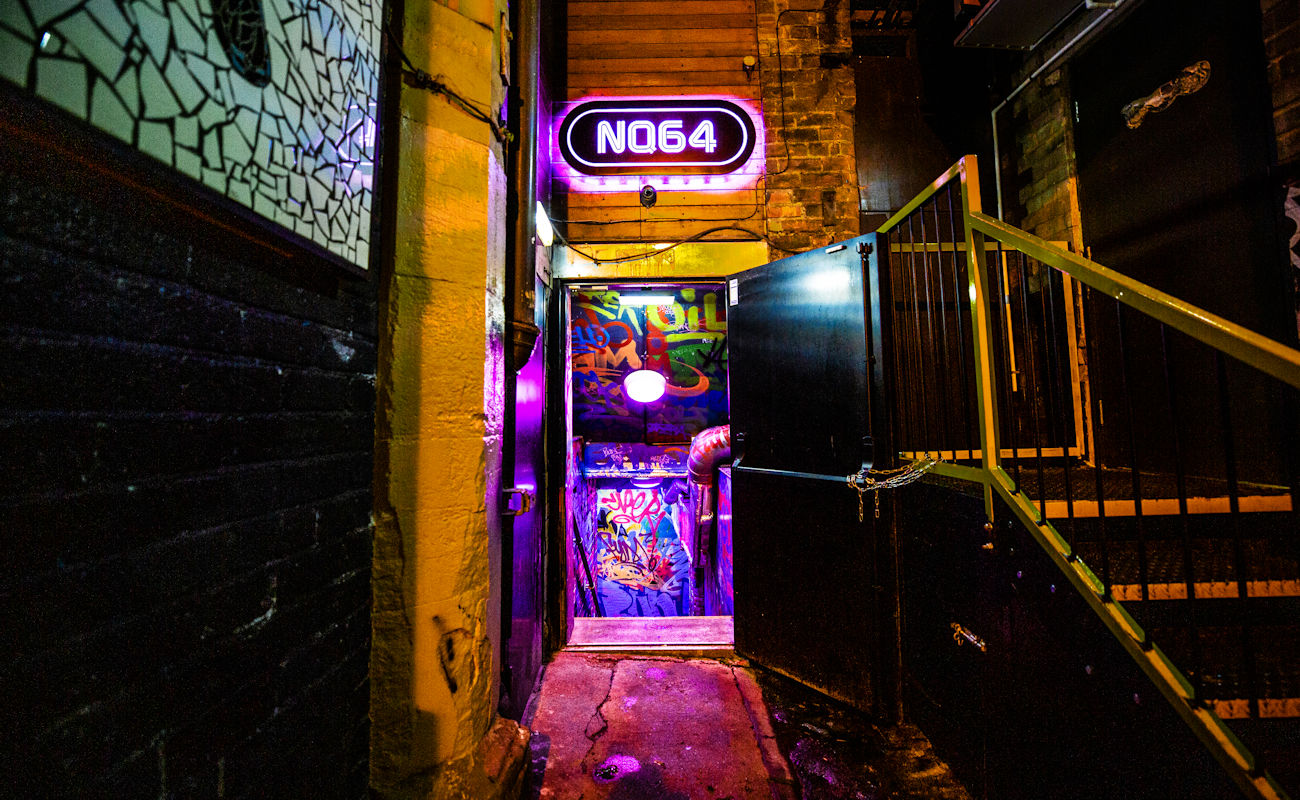A Cost-Effective Strategy for Town Revitalisation
Towns and cities around the world are continuously seeking innovative ways to engage their communities, increase foot traffic, and bring vitality back to their streets. One increasingly popular method is using adventure game treasure hunts that transform the town into an interactive playground, engaging local merchants, actors, and restaurants to create a full-day experience. This strategy not only brings the community together but also highlights cultural heritage, drives footfall to local businesses, and provides a memorable, cost-effective outing for participants.
Drawing inspiration from successful concepts like , this model can easily be adapted to secondary towns to create an immersive, engaging experience for locals and visitors alike.
The Power of Adventure Games for Community Engagement
At its core, an adventure game treasure hunt blends elements of storytelling, interactive puzzles, and exploration to lead participants on a journey through the town. It invites people to experience their surroundings in a new way, transforming familiar streets and landmarks into the setting for an immersive narrative. By integrating local businesses and actors, these games can take participants on a tour that feels like a mix of a live-action role-play and cultural exploration.
How It Works
Participants typically receive clues, either digitally or in physical form, leading them from one location to the next. Along the way, they interact with merchants, historical sites, or even actors playing characters who are part of the adventure’s storyline. Clues might be hidden in a local coffee shop, written on the walls of a historical building, or revealed by an actor in character.
At various stages of the game, participants stop at local cafes or restaurants to refuel, making the game a complete experience that encompasses food, history, and community. This format lends itself perfectly to smaller towns or secondary cities looking to highlight their cultural assets and encourage locals and visitors to explore areas they may not otherwise visit.
Bringing Communities Together
One of the biggest benefits of a town-based adventure game is its ability to bring people together. In today’s digital age, many community members feel disconnected, even when living in close proximity. This kind of experience pulls people out of their homes and encourages them to participate in a shared adventure.
Families: These games are family-friendly, offering an opportunity for parents and children to bond over problem-solving while exploring their town.
Friends and Colleagues: Groups of friends or colleagues can come together for team-building or simply as a fun way to spend time together, challenging their minds while discovering new corners of their town.
Local Merchants: By participating in the game, local merchants not only benefit from increased foot traffic but also gain the chance to engage with the community in a meaningful way. Players might stop to gather clues in a bookstore, purchase snacks from a café, or receive a hint from the shopkeeper, creating touch points that foster a stronger connection between businesses and locals.
Community Actors: Engaging local actors to play key roles in the story elevates the immersive quality of the game. For example, a “mysterious figure” could hand out clues at a historical landmark, or a “time-traveling detective” might appear in the town square to offer the next piece of the puzzle.
Showcasing Cultural Heritage
Adventure games can be designed to highlight a town’s historical landmarks, cultural institutions, and local stories. In many ways, these games serve as living museum tours—except the players are directly involved in unraveling the town’s secrets.
- Historical Context: The game’s narrative can revolve around local legends, historical events, or hidden aspects of the town’s past, creating an educational experience that also entertains.
- Landmark Exploration: Clues could be hidden at monuments, churches, parks, or even in local artwork, turning a walk through the town into an exploration of its rich history.
- Cultural Diversity: The game can also be designed to showcase the cultural diversity of the town by highlighting different neighbourhoods, food spots, or ethnic businesses along the route.
By integrating these elements into the game’s storyline, the town’s cultural heritage is brought to life in a way that’s engaging and accessible to all ages.
Driving Footfall and Economic Activity
Perhaps one of the most immediate and measurable benefits of a town-based treasure hunt is its ability to drive footfall to local businesses. By incorporating local merchants into the narrative—whether as stops on the route, puzzle locations, or snack breaks—these games encourage participants to explore shops, cafes, and restaurants that they might otherwise overlook.
Increased Customer Engagement: Participants stop at businesses not just to solve clues, but also to engage directly with merchants. This offers business owners a unique opportunity to convert these visits into sales by offering exclusive discounts or themed products tied to the game.
Collaborative Partnerships: Local businesses can collaborate by offering special promotions, such as offering a free drink or snack to players, thereby encouraging participants to spend money in their establishments while solving puzzles.
Food and Beverage Offerings: Many adventure games include planned food and beverage stops. These serve not just as a way to refuel, but also as part of the immersive narrative. For instance, players could receive a vital clue from a bartender, or a café’s menu might contain a code needed to unlock the next stage of the game. Incorporating local eateries into the game ensures that the experience is multi-sensory and supports local dining businesses.
Foot Traffic to Non-Mainstream Areas: Adventure games can encourage participants to explore parts of the town that are less trafficked or known. By leading players to hidden gems or out-of-the-way shops, the game can breathe new life into forgotten corners of the community.
A Cost-Effective Approach to Town Activation
For towns with limited budgets, organising an immersive treasure hunt is a cost-effective way to activate the community without the need for large-scale events or permanent infrastructure. Here’s why:
Low Production Costs: Unlike concerts or festivals, adventure games don’t require extensive set-up costs. The town itself becomes the stage, with clues hidden in existing locations.
Community-Driven: By involving local businesses, artists, and performers, the town can use its existing resources to create a vibrant experience. Merchants benefit from increased traffic, and actors or performers get the opportunity to engage in local storytelling.
Reusability: Once designed, the game can be reused multiple times, running on weekends, during festivals, or for special events. It’s also easy to modify and evolve, keeping the experience fresh for returning players.
Self-Sustaining: If successful, adventure games can become a self-sustaining initiative, with participants paying an entry fee, buying local products, and sharing their experiences on social media to attract new players.
Case Study: Hidden City and Similar Concepts
Hidden City, a successful immersive adventure game company, has implemented these types of treasure hunts in large cities like London, where participants solve puzzles while exploring the city. The concept has been widely embraced, as it offers locals and tourists alike the chance to see familiar locations in a new light, all while engaging in interactive storytelling.
This same model can be adapted for smaller towns looking to boost engagement and foot traffic. In fact, secondary towns have the added advantage of tight-knit communities and localised charm, which can make these experiences even more personal and meaningful. By focusing on local history, unique businesses, and cultural landmarks, towns can create a one-of-a-kind adventure that highlights their distinct personality.
Conclusion: An Engaging, Community-Driven Model for Town Revitalisation
Adventure game treasure hunts offer a cost-effective and engaging way to bring communities together, showcase local culture, and drive footfall to businesses. By involving local merchants, actors, and cultural landmarks, towns can create a complete experience that encourages residents and visitors alike to explore, learn, and connect with their surroundings.
This model can be easily adapted to secondary towns, where the charm of local history and small businesses provides the perfect backdrop for an immersive adventure. With low production costs and high community engagement, these games can breathe new life into town centres, making them vibrant destinations for both locals and tourists.



